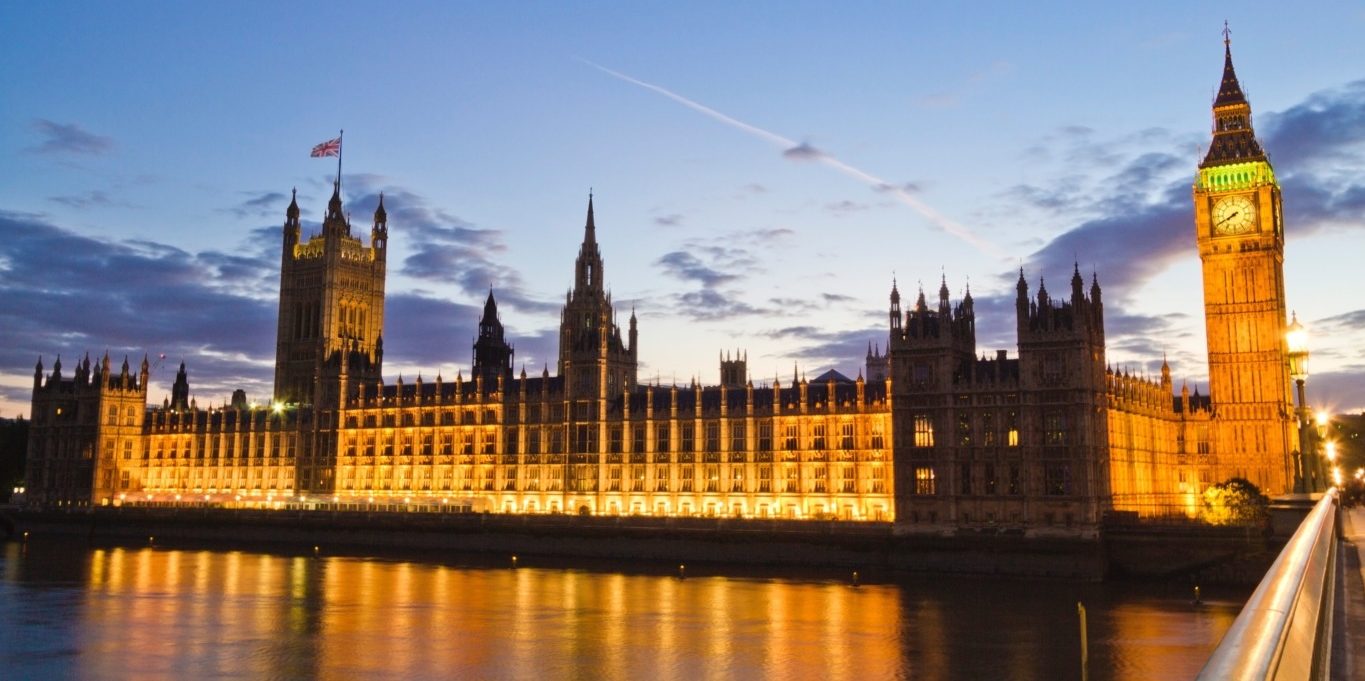The failure of Jacob Rees-Mogg and his venture into literature
Jacob Rees-Mogg, Conservative MP for North East Somerset, has attempted a venture into literature and has released a history book which has been lambasted by critics across the board. The Victorians: Twelve Titans who Forged Britain is a collection of biographies of twelve prominent Victorians who Rees-Mogg has deemed the most important, the most influential, and the most noteworthy figures of their era. Unfortunately for Rees-Mogg, the book and its biographies have been branded as ‘staggeringly silly’, ‘sentimental jingoism’, and ‘a dozen clumsily written pompous schoolboy compositions’.
Many have criticised Jacob Rees-Mogg for his choices in selecting the twelve eminent Victorians around whom his book centres. Only one ‘titan’ is a woman – Queen Victoria herself – and four of the twelve are prime ministers, such as Robert Peel. For a book that centres on an age of great innovation and technological advancement, it seems illogical that there is no mention of Charles Babbage, Ada Lovelace, or Charles Darwin – or any mathematician, scientist, or naturalist for that matter. Similarly, no consideration is given to such literary giants as Charles Dickens, George Eliot, or the Brontë sisters, despite their huge cultural and social significance for the Victorian age.
The problem with Rees-Mogg’s venture into literature is not just one of quality, content, or terrible ironies
In a book heralding the moral excellence of the Victorians, it seems painfully ironic that Rees-Mogg’s choice of figureheads includes General Charles Napier. Historian A.N. Wilson, who published a critically acclaimed book on the Victorians in 2002, said, ‘…there is something morally repellent about a book that can gloss over massacres and pillage on the scale perpetrated by Napier’. Critics have also noted that Rees-Mogg’s venture suffers from poor grammar and long-winded sentences. It is particularly surprising that, in some cases, Rees-Mogg has simply mixed words up, such as ‘idolisation’ and ‘idealisation’.
However, the problem with Rees-Mogg’s venture into literature is not just one of quality, content, or terrible ironies. The problem is that Jacob Rees-Mogg was able to use his status as a prominent Tory Brexiteer to publish a book that, in any other circumstance, would be rejected by publishers for the reasons listed above.
According to a review by historian Dominic Sandbrook in The Sunday Times, Rees-Mogg’s book is ‘so bad, so boring, so mind-bogglingly banal that if it had been written by anybody else it would never have been published’. Sandbrook’s comment cuts to the core of the issues that Rees-Mogg unwittingly raised with the publication of his book – that politicians and public figures such as himself can easily and unfairly bypass the obstacles that face most new authors seeking publication.
The Victorians certainly didn’t flop in the way it could, and some would argue should, have done
To see a book like The Victorians be published must have felt like a kick in the teeth for the hundreds of hard-working, dedicated authors struggling to get their first book to print. Not even bad grammar could stop the publication of Rees-Mogg’s tragic tome of nearly 500 pages, and for students, writers, and academics alike, the whole saga is crushingly disheartening.
Another article, published in The Guardian, highlights the ‘dismal’ sales of The Victorians: 734 copies were sold in its first week of publication. This widely shared article surely added insult to injury for authors without the benefit of being politicians, who are aware that 734 copies is, in fact, quite successful for the first week of sales. Though not quite on the same level of success as Boris Johnson’s The Churchill Factor, which sold 7,006 copies in its first week of sales in 2014, The Victorians certainly didn’t flop in the way it could, and some would argue should, have done.
By heralding Dicey as someone who ‘forged Britain’, Rees-Mogg attempts to set up a historical tradition for the ideas that fuel his political image
Kathryn Hughes quite rightly refers to Rees-Mogg’s The Victorians as ‘history as manifesto’. It is no coincidence that Albert Dicey, an early advocate of the referendum, becomes one of the ‘titans’ in The Victorians. By heralding Dicey as someone who ‘forged Britain’, Rees-Mogg attempts to set up a historical tradition for the ideas that fuel his political image. The political motivations of The Victorians work to the expense of good quality writing, historical accuracy, and new insights into the Victorian age.
The Victorians provides a sad insight into the world of the first-time author. For every bad book published by a politician, there are hundreds of excellent books written by lesser-known authors, academics, and passionate people who simply cannot bypass publishing obstacles in the same way politicians and public figures can.

Comments